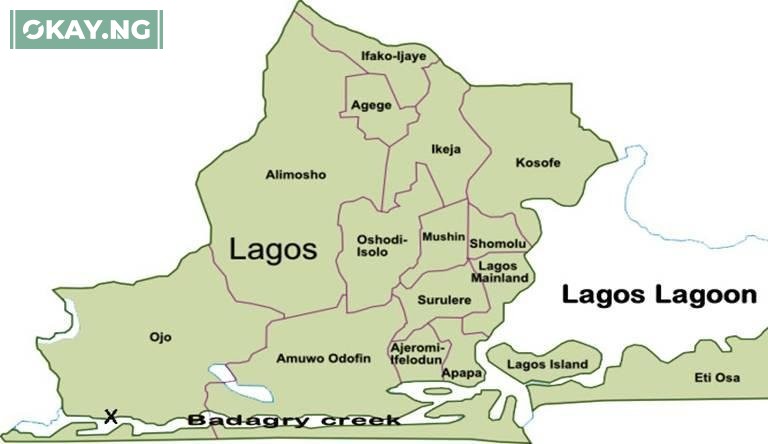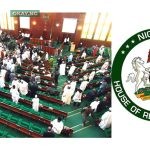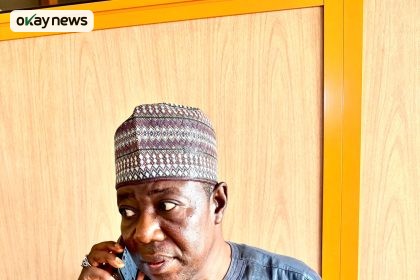The House of Representatives has taken a significant step toward restructuring Lagos State’s local governance system by passing for second reading a bill seeking to elevate the state’s 37 Local Council Development Areas (LCDAs) to full-fledged Local Government Areas (LGAs). Sponsored by Hon. James Faleke representing Ikeja Federal Constituency and supported by 21 other lawmakers, the proposed constitutional amendment would increase Lagos’ recognized LGAs from 20 to 57, consequently raising Nigeria’s total number of constitutionally recognized local governments from 774 to 811. This legislative move revisits a long-standing governance structure initially established during President Bola Tinubu’s tenure as Lagos State governor (1999-2007), when the creation of these LCDAs sparked a notable confrontation with the federal government under then-President Olusegun Obasanjo, resulting in the withholding of Lagos’ federal allocations.
The bill specifically seeks to amend Section 3 of the First Schedule in the 1999 Constitution to formally recognize all 57 proposed LGAs, including existing ones like Ikeja, Epe, and Badagry alongside the LCDAs such as Ayobo-Ipaja, Ikosi-Isheri, and Iru-Victoria Island. This constitutional recognition would grant the newly elevated LGAs direct access to federal allocations and greater administrative autonomy, potentially transforming grassroots governance in Nigeria’s most populous state. The proposed alteration comes with significant implications for fiscal federalism, as it would require adjustments to revenue allocation formulas while potentially setting a precedent for other states with similar LCDA structures.
As the bill progresses through the legislative process, it will next undergo committee scrutiny and public hearings before returning to the House for final consideration. If approved, it would then require passage by the Senate and ratification by at least 24 state assemblies to become effective. While proponents argue the measure would bring government closer to the people and accelerate local development, critics have raised concerns about the financial implications of expanding Nigeria’s LGA framework. The debate surrounding this bill touches on fundamental questions about Nigeria’s federal structure and the balance between local autonomy and national cohesion, making it one of the more consequential constitutional amendment proposals currently before the National Assembly.







